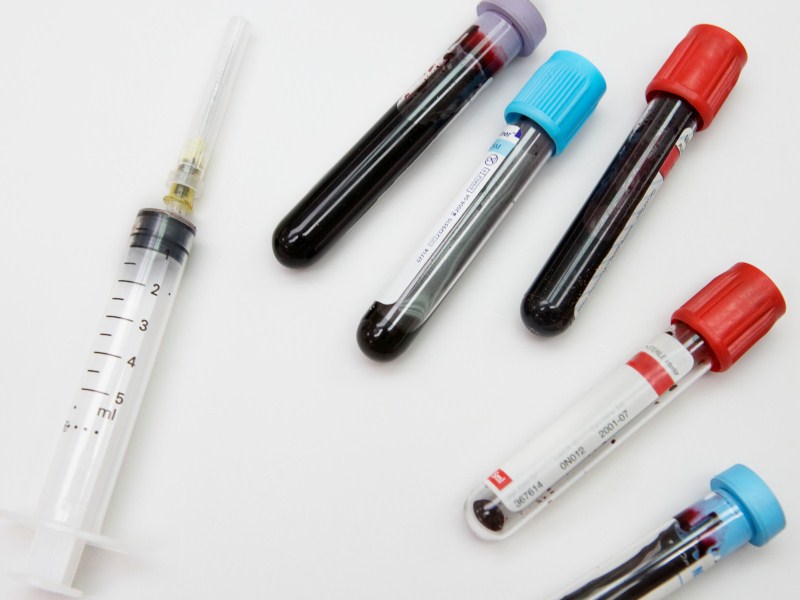Title: Everything You Need to Know About Phlebotomy Internships
Meta Title: The Ultimate Guide to Phlebotomy Internships: Benefits, Tips, and Case Studies
Meta Description: Discover the importance of phlebotomy internships, the benefits they offer, and practical tips for success. Read real-life case studies to understand the impact of internships in the field.
Introduction:
Phlebotomy is a critical aspect of healthcare, involving the collection of blood samples for diagnostic testing, transfusions, research, and more. Phlebotomy interns play a vital role in gaining hands-on experience in this field. In this comprehensive guide, we will explore the importance of phlebotomy internships, the benefits they offer, practical tips for success, and real-life case studies illustrating the impact of internships in the healthcare industry.
Importance of Phlebotomy Internships:
Phlebotomy internships provide aspiring phlebotomists with the opportunity to apply theoretical knowledge in a real-world setting. Here are some key reasons why phlebotomy internships are essential:
1. Hands-On Experience: Internships allow students to gain practical experience performing blood draws, interacting with patients, and working in a clinical setting.
2. Skill Development: Interns have the chance to hone their phlebotomy skills under the guidance of experienced professionals.
3. Networking: Internships provide a valuable networking opportunity, allowing interns to connect with healthcare professionals and potential employers.
4. Career Readiness: Internships prepare students for the demands of a phlebotomy career by providing real-life exposure to the field.
Benefits of Phlebotomy Internships:
Phlebotomy internships offer a range of benefits to students looking to pursue a career in healthcare. Some of the key advantages include:
1. Practical Skills Development: Internships help students develop essential phlebotomy skills, such as venipuncture techniques and specimen handling.
2. Professional Growth: Internships provide a platform for students to enhance their professional capabilities, such as communication skills and teamwork.
3. Industry Insights: Internships offer valuable insights into the daily operations of healthcare facilities, helping students understand the complexities of the phlebotomy profession.
4. Job Opportunities: Internships often lead to job offers or recommendations, giving students a competitive edge in the job market.
Practical Tips for Success in Phlebotomy Internships:
To make the most of your phlebotomy internship experience, consider the following practical tips:
1. Be proactive and eager to learn.
2. Ask questions and seek feedback from experienced professionals.
3. Practice proper infection control measures.
4. Maintain patient confidentiality at all times.
5. Demonstrate professionalism and a positive attitude.
Case Studies:
Real-life case studies can provide valuable insights into the impact of phlebotomy internships on students’ careers. Here are a few examples illustrating the benefits of internships:
1. Sarah: Through her phlebotomy internship, Sarah gained hands-on experience and valuable networking connections, leading to a full-time job offer upon graduation.
2. Michael: Michael’s internship helped him develop confidence in his phlebotomy skills, setting him up for a successful career in healthcare.
3. Emily: Emily credits her internship experience for providing her with a deeper understanding of the healthcare industry and shaping her professional growth.
Conclusion:
Phlebotomy internships are a valuable opportunity for students to gain hands-on experience, develop essential skills, and prepare for a successful career in healthcare. By following practical tips for success and learning from real-life case studies, aspiring phlebotomists can maximize the benefits of their internships and thrive in the field. Embrace the opportunities that internships offer, and embark on a rewarding journey in phlebotomy.
